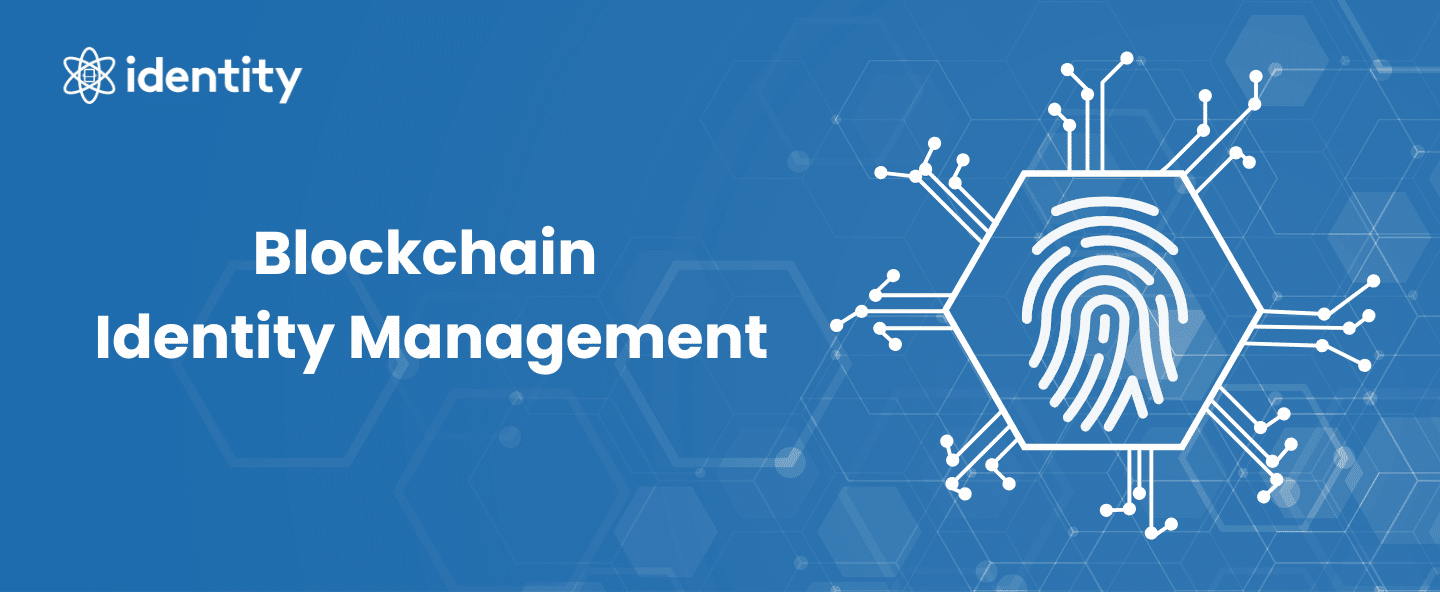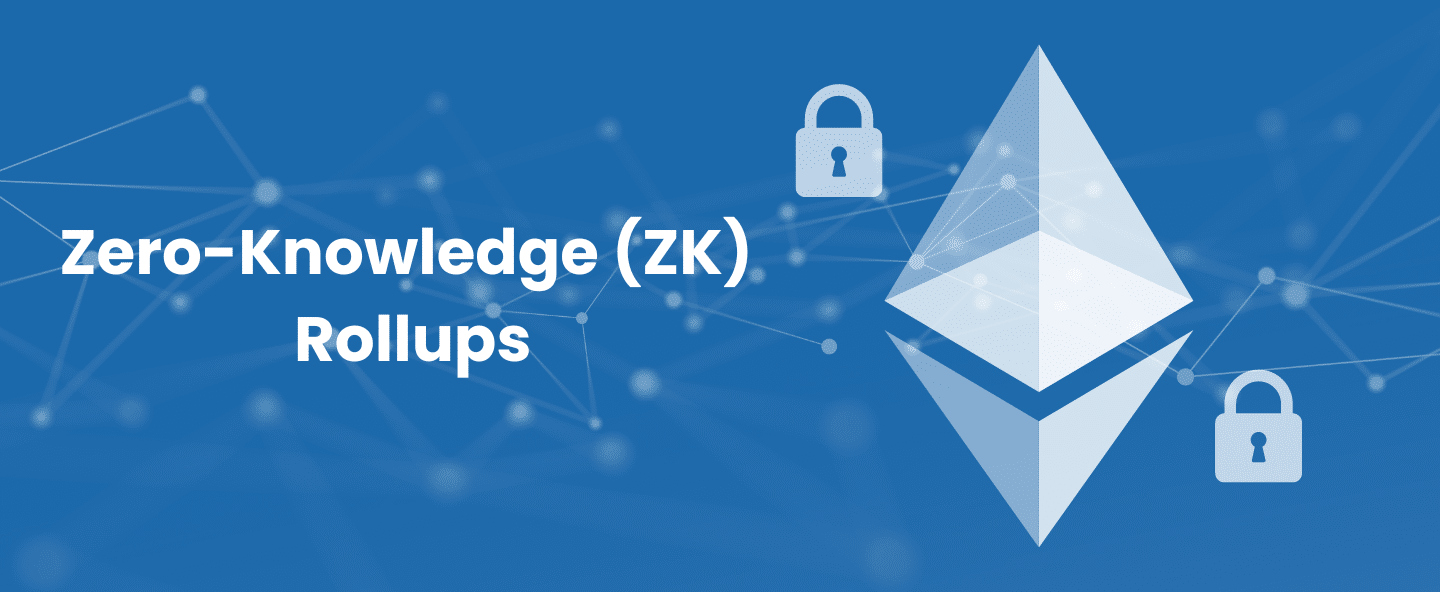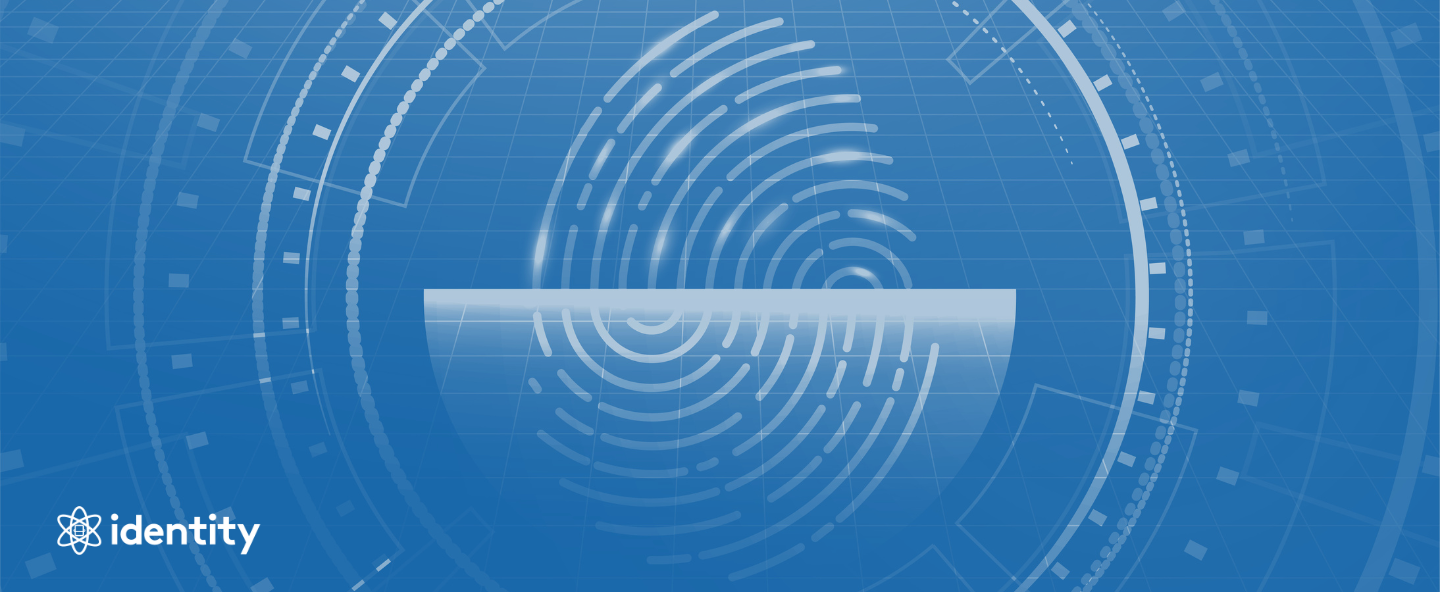
What Is a Peer-to-Peer (P2P) Network?
Key Takeaways: A peer-to-peer (P2P) network is a decentralized communication model where each participant, or peer, acts as both a

Key Takeaways: A peer-to-peer (P2P) network is a decentralized communication model where each participant, or peer, acts as both a

Key Takeaways: Blockchain identity management is a decentralized approach to creating, storing, and managing digital identities using blockchain technology. By

You might have heard of cryptography in the context of securing online communications or protecting personal information, but its applications

This is Part 3 of our web series on the evolution of the internet. For further insights, check out Part

Key Takeaways: ZK Rollups (Zero-Knowledge Rollups) are a type of Layer 2 scaling solution designed to address scalability limitations on

Key Takeaways: Decentralized identifiers (DIDs) are globally unique identifiers that can be used to identify an entity without a centralized

This is Part 2 of our series on the evolution of the World Wide Web For further insights, check out

Key Takeaways: Verifiable Credentials are tamper-evident, cryptographically secure digital credentials used to verify specific claims about an individual or entity.

Key Takeaways: Public Key Infrastructure (PKI) is a comprehensive framework designed to create, manage, and distribute digital certificates for secure